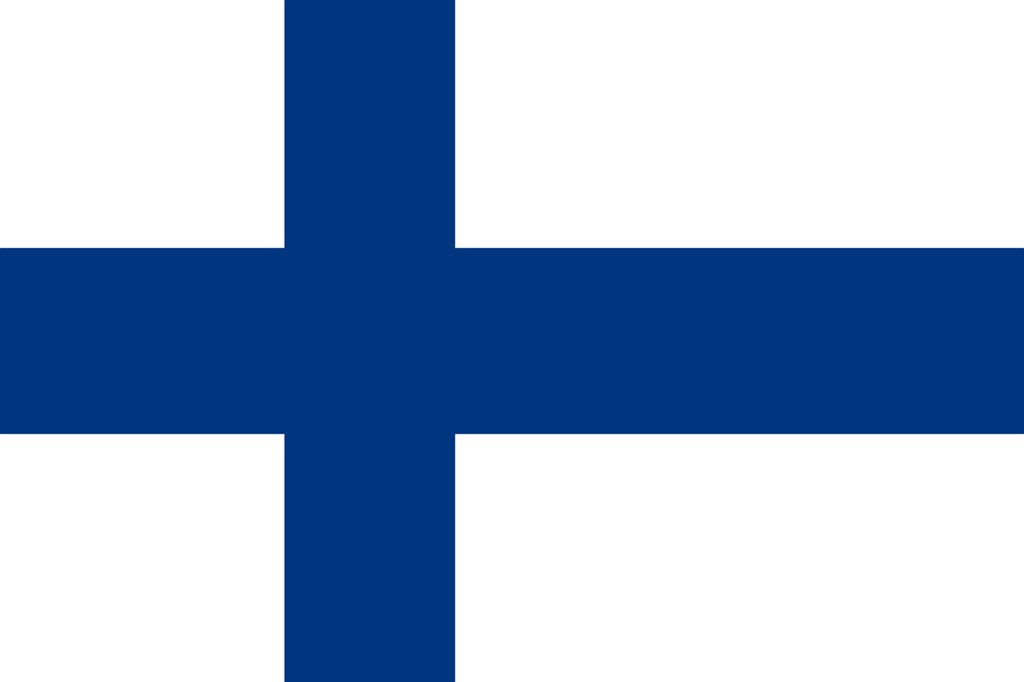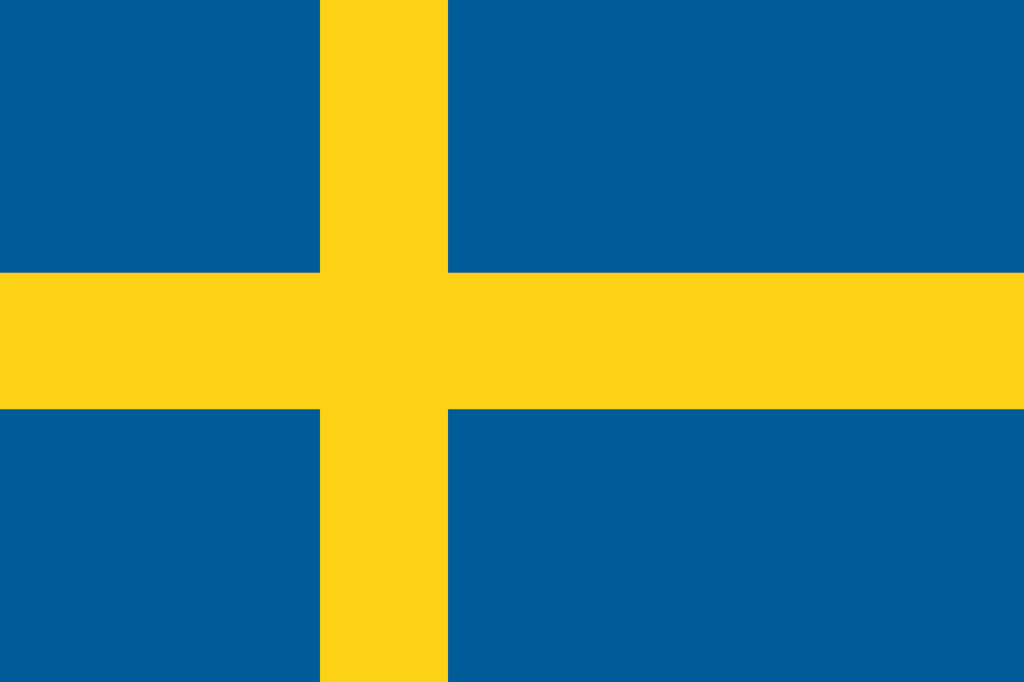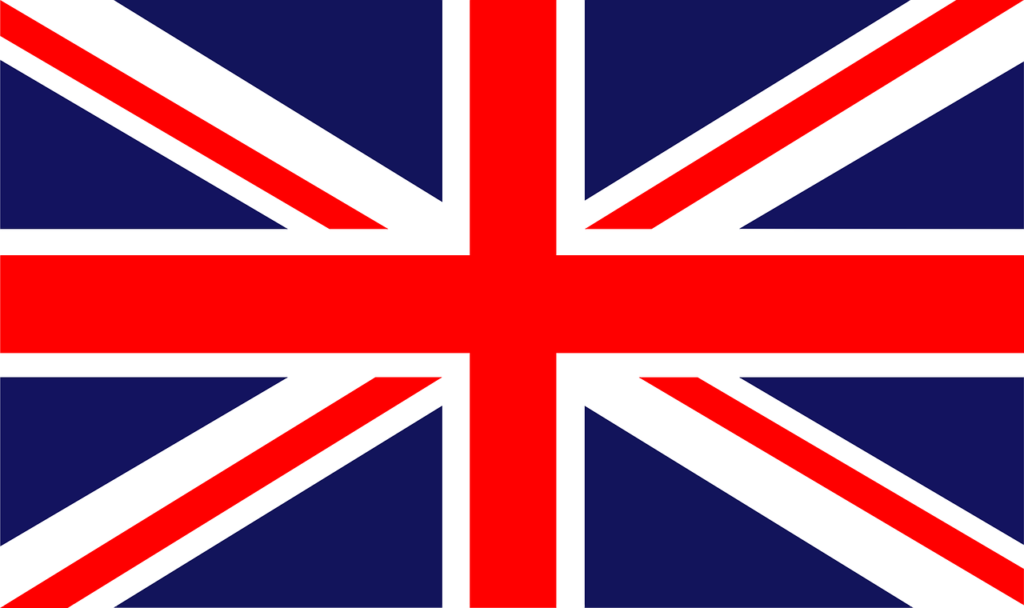The Wonderland of OSS – How does all work? (Part 2)
In the previous blog, we took a closer look at OSS as a concept. This time, we will get deeper on how OSS works and the different systems in it. If you missed the first part of OSS, you can find it here.
As a quick refresher, OSS is a special VAT scheme that allows you to declare sales to the EU and pay VAT without being registered for VAT in the destination country. However, there are exceptions to this system which must be taken into account before registering. It’s a good idea to start by determining whether OSS applies to your business territory, what legislation you need to comply with, and which Member State and which specific scheme you need to register under.
Who can register?
In principle, any business/trader established in an EU Member State and selling goods and services directly to consumers in the EU can register for the OSS. There are also exceptional cases where registration is impossible, but these are often related to the scale or nature of the business.
OSS is optional for businesses, but if they don’t join the scheme, they must register for VAT in the countries where they have sales. The sales limit applies to sales throughout the EU. For example, company X has sales in excess of 10 000€ in Germany and in Italy of 1000€. In this case, company X must register for national VAT in Germany and Italy or declare the tax directly via OSS.
Which special schemes are covered by the EU?
As of 1 July 2021, the special VAT scheme includes three different schemes, which are:
The Union Scheme (OSS)
Both parties, the seller and the consumer of the service or goods, are established in the EU Community. For example, the seller is based in Finland and the consumer is in Sweden.
Non-Union Scheme (IOSS)
This applies to a seller who is established outside the EU but sells goods or services to customers established in the EU Community. For example, a seller company based in Norway and consumers in Finland.
The import Scheme (VIES)
VIES covers distance selling of low-value consignments of goods (up to 150€) imported from outside the EU. In this case, the company is located in the EU but sells non-EU consignments to consumers in the EU Community. VIES is relevant when a Finnish trader imports goods from, for example, China and resells them to German customers.
Depending on the sales being made and the business model, a company may have business activities in all three different registration areas. The company must register separately for each of the above schemes. However, from a business perspective, it is simpler to register and pay in three different VAT special schemes than to register separately for VAT in the countries where the company has sales.
What do the different roles in different countries mean?
When considering whether to join the scheme, a company should consider each Member State’s role from a business perspective. Examples of different roles:
Member State of Identification
The EU country, where a company registers for a specific scheme, submits tax returns and pays tax. The Member State of identification transmits the tax return data and payments to the Member States of consumption.
Member State of Consumption
The EU Member State, where the business’s customer is located, as known as, where sold good or service is consumed. The Member State of consumption receives the declaration information and payments from the Member State of identification. The Member State of Consumption checks that the tax is paid correctly and on time. The Member State of Consumption collects taxes, interest and penalties if necessary.
Member State of Establishment
The Member State of establishment in the Union system is an EU country that is not the Member State of identification but where the company operates in one of the ways listed below:
– The company has a fixed establishment in the country from which services are sold
– The transport of goods begins in this country (the undertaking does not need to have a fixed establishment in the country).
Sales from the Member State of establishment need only be declared on the Union scheme tax return.
When is Finland the Member State of identification and when is it the Member State of consumption?
The Member State of identification is the Member State of the European Union, where the company registers for the special scheme, declares VAT and pays tax. For each special scheme, the determination of the Member State of identification may vary. Finland can act as the Member State of identification in the following cases:
Union scheme: The company has a registered office or a fixed establishment in Finland, or similarly, the company has no registered office or fixed establishment in any EU country, but the transport or dispatch of goods starts from Finland.
Non-Union scheme: The trader has no establishment or fixed establishment in an EU VAT territory. The company has chosen Finland as its Member State of identification, or the company can choose any EU country as its Member State of identification.
Import scheme: The taxable person has a residence or fixed establishment in Finland, or the intermediary designated by the company is registered for the import scheme in Finland. The intermediary representing the company may operate in Finland based on a domicile or a fixed establishment.
Finland is a Member State of consumption when a consumer established in Finland uses a service or buys a product from a company registered under a special scheme in another EU Member State.
In which cases is it worth registering for VAT?
Compared to national VAT, under the OSS, the obligation to declare all taxes applies regardless of the size of the sale. Compared to the national scheme, the OSS does not have the possibility of a lower threshold for sales but also requires a voluntary declaration for annual sales of less than 10,000€.
There is no need to register for the special scheme if the total sales to consumers throughout the EU are below 10 000€ per year. A small trader, for example, can then manage and pay VAT at the Finnish VAT rate, together with the self-assessment.
Need help with registrations or advice on OSS? Contact us and let’s discuss your situation further!
Photo by Amol Tyagi on Unsplash







